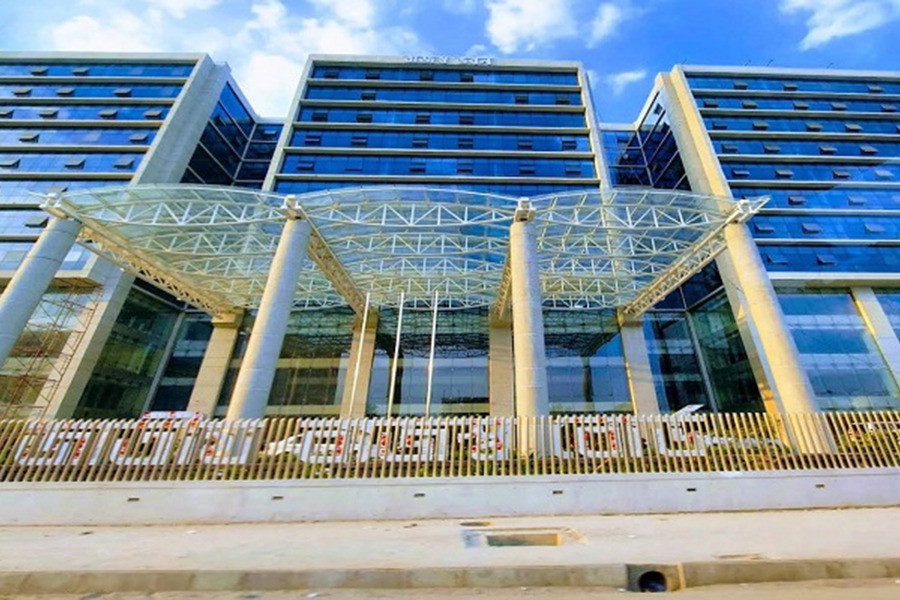
Published :
Updated :

It is heartening to know that the National Board of Revenue (NBR) has already framed a draft of the code of ethics and professional conduct for its staff in order to make its service transparent and accountable. Why the NBR needs such ethical guidelines is not far to seek. It has ever remained one of the most corrupt government organs. In this context, the finding by the Bangladesh Bureau of Statistics' study on the state of bribery in the government offices that 31.67 per cent of the respondents had to pay bribes to get services may be illuminating for several reasons. The BBS-conducted study presents this unsavoury picture of the past one year when the interim government was at the helm of affairs. Titled "Citizen Perception Survey 2025", this study reaffirms that old habit dies hard for people in government service. The NBR with its infamous Motiur Rahman legacy surprisingly did not figure among the top corrupt government agencies.
Now what can be the possible explanation for this? The BBS study may have selected people of modest income, not those who have taxable incomes or actually submit tax returns. The survey has found the Bangladesh Road Transport Authority (BRTA), law enforcement agencies and land registry offices as the dens of corrupt practices with 63.29 per cent, 61.29 per cent and 54.92 per cent people respectively coerced to pay bribes for receiving service. Had respondents from the upper echelon of society been selected, the NBR would have every chance of breaking into the circle of the top three groups. It is not for nothing that the International Monetary Fund (IMF) has tagged reform of this order to the NBR with its loan sanctioned for Bangladesh. The multilateral funding agency has taken interest in this matter and a team is scheduled to visit Bangladesh to extend technical support and also assess the code of ethics framed.
That the tax-GDP ratio is one of the lowest in Bangladesh and even lower than its South Asian neighbours is not simply because wilful tax dodgers can evade paying their dues on their own account, it is also because of an unholy alliance between a section of the revenue officials who prompts the process. So there is the need for the envisioned code of conduct which if framed well and made effective will leave not much leeway for such corrupt practices. Here the attempt is to set a benchmark of standard practices in providing service. When dearth of people with integrity is acute, there is no other alternative to tightening the set of practices and behaviours governing administration in its public dealings. All corrupt government agencies are sure candidates for similar ethical guidance.
Let the process take off with the introduction of the code of ethics in the NBR. Other government agencies may raise a dissenting voice like a section of the NBR officials did, saying that there are public service rules which guide their conducts. But this is a lame excuse. The bureaucracy and the administrative setups down the order have long been pampered by governments in order to establish a privileged but pliable coterie for mutually advancing material gains through corruption. If the NBR gets the priority right, there is no reason why other government agencies would not be made to follow suit.


 For all latest news, follow The Financial Express Google News channel.
For all latest news, follow The Financial Express Google News channel.